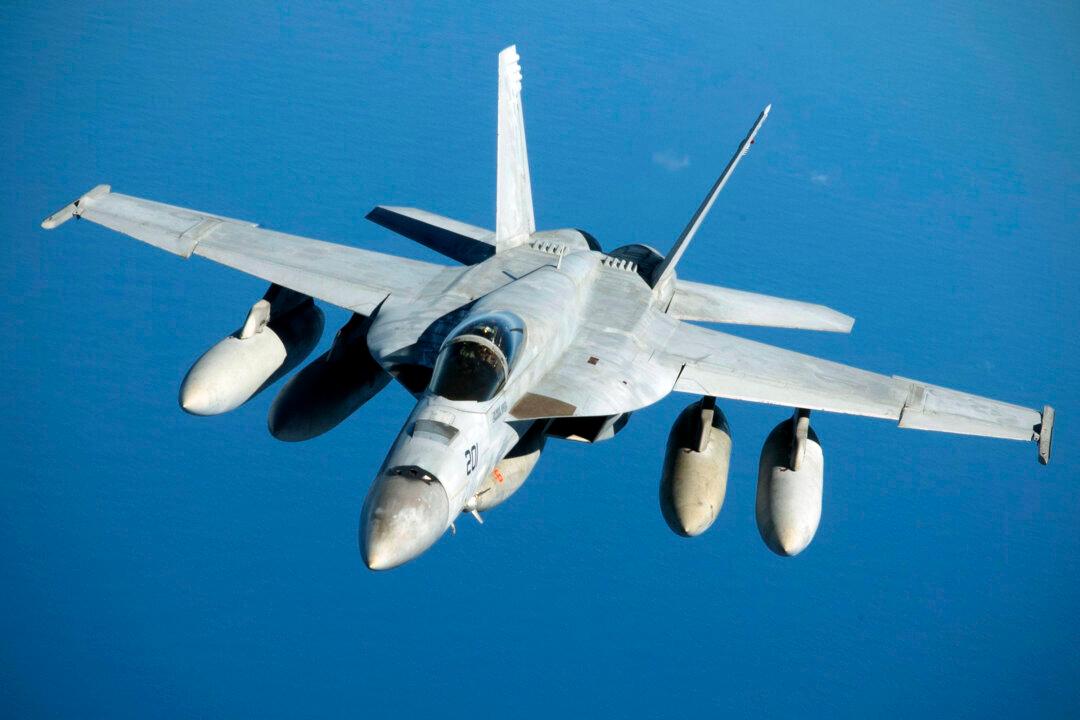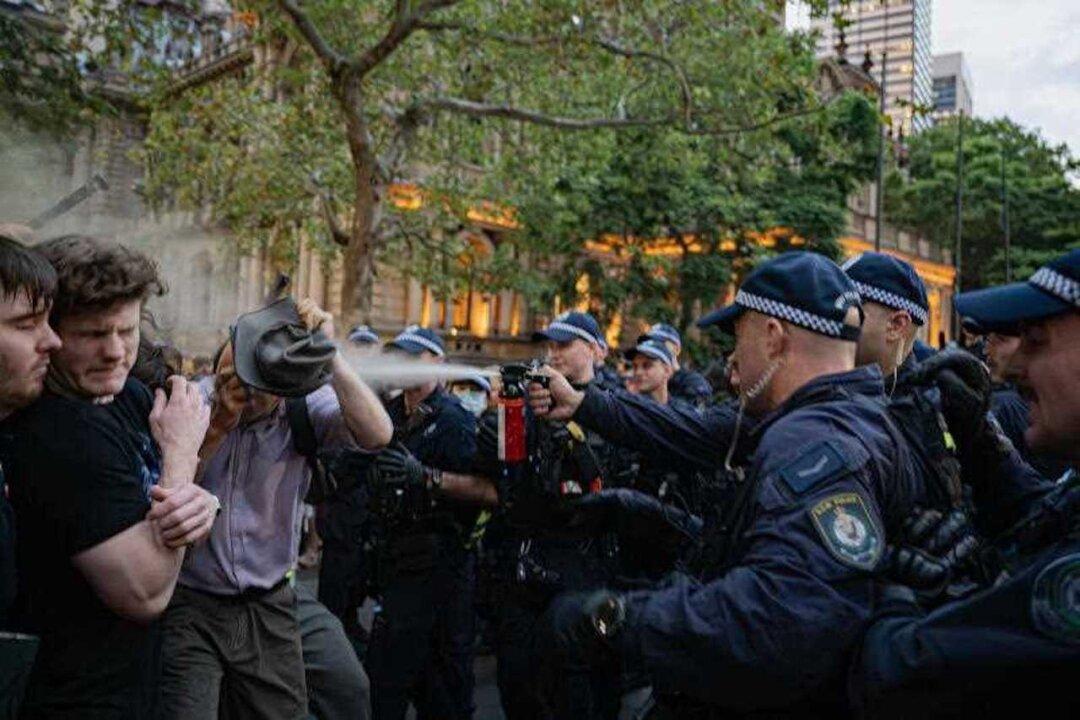Australia’s top intelligence official says a small but concerning number of former defence insiders are putting cash before country.
ASIO boss Mike Burgess revealed in his latest annual threat assessment his agency had been tracking veterans willing to sell their military training and expertise to foreign governments for several years.





